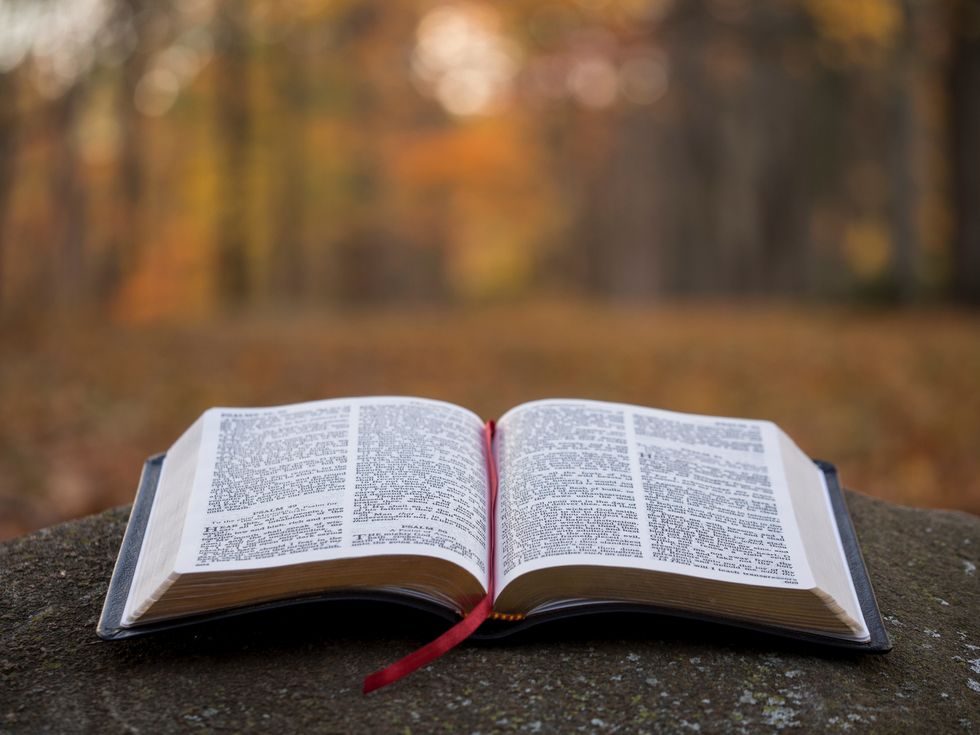“You’re telling me you fast for 30 days with no food?”
“Technically, but we can still eat after sunset and before sunri—”
“How do you fast without water??????”
It is currently the beautiful month of Ramadan for the Muslim community. Within this time, we fast for 30 days consecutively with no food and no water. However, don't be alarmed, we break our fasts at sunset and can eat until the sunrise (I don't think anyone would survive 30 days with no food or water).
I allowed a parched mouth and empty stomach to mask the true meaning of fasting. It wasn’t until I was older that I realized, this is the cruel and inevitable lives of many. There are many individuals who undergo this "fast" unwillingly due to the lack of basic necessities. In the back of our minds, we push ourselves to reach that specific hour of sunset knowing that Iftar, or our sunset meal, is being prepared for us by family and friends. But, many are not as fortunate to have a meal awaiting them whenever they please. As an act of gratitude, my family and I aid another family in need during this month and provide them with meals, clothes, and shelter. Although this act of kindness is only a fraction of support for a larger problem, it is so valuable knowing that I am making someone's Ramadan wholesome just like mine.
These thirty days of Ramadan are defined by self-reflection, forgiveness, and compassion. Some may view this no food and no water fast as unnecessary suffrage and self-harm, but there is a very strong message when adapting to these 30 days. Fasting has allowed me to realize, that the things that we are sitting and taking for granted down to our food and water, are things that people are praying for constantly. It is so important to value the things you have instead of lusting for more.
I am thankful I have come across one of many self-realized lessons: Be grateful for what you have and illuminate positivity amongst everyone around you with an open mind.


















